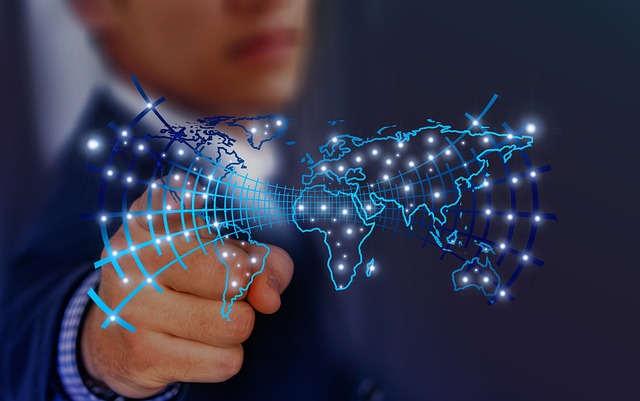An overview of AI
An artificial intelligence (AI) system can automate the process of thinking, learning, making decisions, and solving problems. Using artificial intelligence, computers can make better decisions, learn, and solve problems, which are all linked to human understanding.
A growing number of corporations are using artificial intelligence (AI) to improve the lives of their customers. For example, Google’s predictive search algorithm predicted what a user would type next based on data from previous searches. To keep users hooked on Netflix, Netflix identifies what movies they need to watch based on previous viewing data.
Most popular AI Applications
- Robotics
The field of robots was progressing in several ways before artificial intelligence emerged. Currently, humanoid robots named Erica and Sophia can speak and act like humans. These are the most impressive examples of artificial intelligence in robotics. Various industries, including manufacturing and packaging, have benefited from robotics.
- Finance
Finance is being transformed by artificial intelligence. AI is helping the financial industry streamline and optimize procedures such as credit decisions and quantitative trading. Financial advisory services, automated trading, and fraud detection are just a few of the features offered by artificial intelligence in the finance sector.
- Healthcare
We are increasingly relying on artificial intelligence (AI) to make our lives better. Artificial intelligence has benefitted patients all over the world in many ways. There is a very small margin of error in robotic operations, and they are capable of operating 24 hours a day, seven days a week, without becoming fatigued. Today, artificial intelligence can interpret MRI scans tenfold faster than radiologists to detect tumors and other harmful growths.
- Online commerce
E-commerce is gaining a competitive advantage by using Artificial Intelligence (AI), and it is becoming increasingly sought after by consumers. Artificial intelligence can help shoppers find similar products in their preferred color, size, or brand. Online shopping experiences are enhanced by chatbots and virtual shopping assistants. Fraudulent reviews can be detected and handled with the help of artificial intelligence.
- Marketing
An AI marketing strategy analyzes data, analyzes the data, and observes audience or economic patterns to make automated decisions. A helpful example of using AI in marketing is Smart Compose in Gmail and Google Docs, which reads what you type, comprehends it, and suggests what to write next. In addition, it ensures that viewers are retargeted at the right time, ensuring greater outcomes and a reduction in frustration and distrust.
- Social media platforms
AI can provide tailored user experiences and detect crises using unstructured comments. By evaluating various activities as well as demographics, the technology can also assist with content creation. On Instagram, AI determines which posts appear in the Explore tab based on your interests and who you follow. This technology can help Facebook interpret posts better. Translating posts between languages can be automated with it.
- Face recognition
Facial recognition is a method of mapping and storing face traits through artificial intelligence (AI). In comparison to palm prints, iris prints, fingerprints, and so on, face biometrics are less intrusive. Airports, offices, and other public places use facial recognition as a method of security and privacy.
Final words
During the 21st century, Artificial Intelligence significantly expanded the applications of technology. Artificial Intelligence can be defined as “man-made thinking power,” and Artificial refers to artificial thinking power in simple terms. It can be said that Artificial Intelligence is an integral part of people’s lives.




